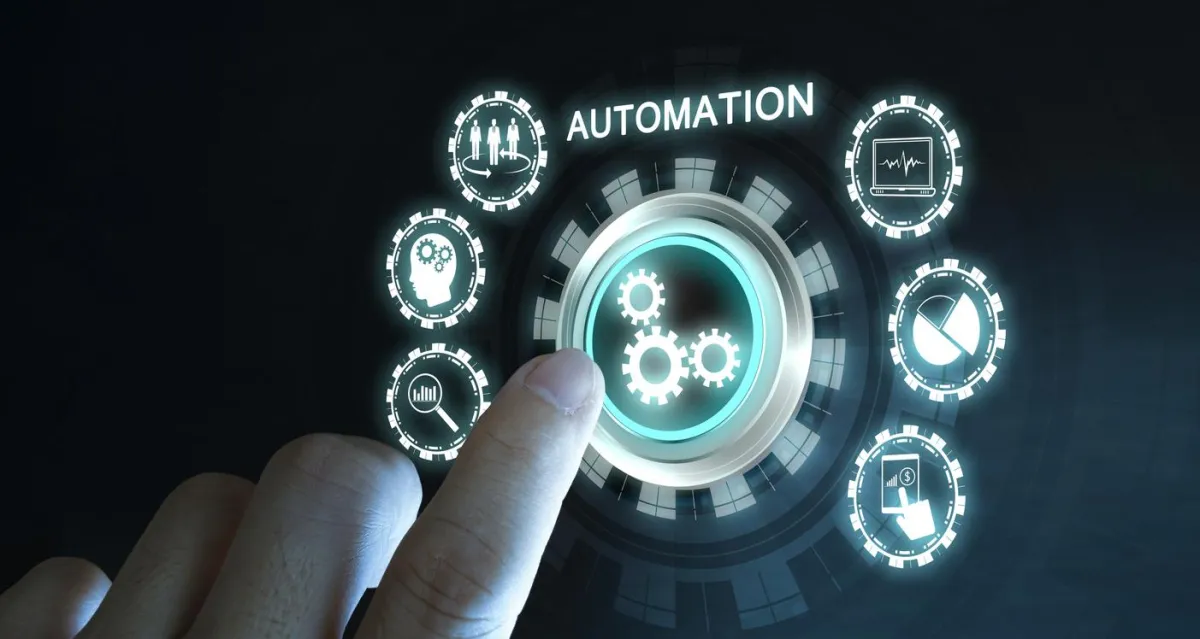
Revolutionizing Your Business with Marketing Automation : A Roadmap to Success
In the dynamic landscape of modern business, staying competitive requires a strategic approach to marketing. One powerful tool that has emerged to streamline and enhance marketing efforts is automation. Marketing automation is more than just a buzzword; it's a transformative technology that can revolutionize your business, driving efficiency, personalization, and ultimately, success. This article explores the concept of marketing automation and provides a roadmap for businesses to leverage its capabilities effectively.
Understanding Marketing Automation :
Marketing automation involves the use of software platforms and technologies to automate repetitive tasks and workflows related to marketing activities. These activities include email marketing, lead generation, customer segmentation, social media posting, and more. The goal is to optimize and personalize the customer journey, allowing businesses to deliver targeted and timely messages to their audience.
Key Benefits of Marketing Automation :
1. Enhanced Efficiency :
- Marketing automation streamlines repetitive tasks, allowing your team to focus on high-value activities. It reduces manual effort in tasks like email campaigns, lead nurturing, and social media management, saving time and resources.
2. Personalized Customer Experiences :
- Automation enables the creation of highly targeted and personalized campaigns. By analyzing customer behavior and preferences, businesses can tailor their communication, resulting in more engaging and relevant interactions.
3. Lead Generation and Nurturing :
- Automation tools can track and analyze customer behavior, helping identify potential leads. Once identified, these leads can be nurtured through automated workflows, delivering the right content at the right time to move them through the sales funnel.
4. Data-Driven Decision Making :
- Marketing automation provides valuable insights through analytics and reporting. Businesses can track campaign performance, customer engagement, and other key metrics, empowering data-driven decision-making for future marketing strategies.
5. Improved Customer Retention :
- By maintaining consistent communication and delivering personalized experiences, marketing automation contributes to improved customer satisfaction and loyalty. Automated follow-ups and targeted campaigns can keep customers engaged and informed.
Implementing Marketing Automation : A Roadmap to Success :
1. Define Your Objectives :
- Start by clearly defining your marketing objectives. Whether it's lead generation, customer retention, or increasing sales, having well-defined goals will guide your automation strategy.
2. Invest in the Right Technology :
- Choose a marketing automation platform that aligns with your business needs and objectives. Consider factors such as scalability, ease of integration with existing systems, and the range of features offered.
3. Understand Your Audience :
- Successful automation relies on understanding your audience. Segment your audience based on demographics, behavior, or preferences to create targeted campaigns that resonate with different segments.
4. Create Compelling Content :
- Content remains king in marketing. Develop high-quality, relevant content that addresses the needs and interests of your audience. Automation tools can help schedule and deliver this content strategically.
5. Implement Multi-Channel Campaigns :
- Explore the various channels where your audience is present. Whether it's email, social media, or other platforms, a multi-channel approach ensures a consistent and cohesive brand message.
6. Set Up Automated Workflows :
- Map out your customer journey and create automated workflows that guide leads through each stage of the funnel. This includes welcome emails, follow-ups, and personalized content based on customer interactions.
7. Monitor and Analyze :
- Regularly monitor the performance of your automated campaigns. Use analytics tools to track key metrics and gather insights into customer behavior. Adjust your strategies based on the data to optimize results.
8. Integrate Sales and Marketing :
- Foster collaboration between your sales and marketing teams. Align their goals and integrate their processes to ensure a seamless experience for leads from initial engagement to conversion.
9. Continuous Optimization :
- Marketing automation is not a set-it-and-forget-it solution. Regularly review and optimize your campaigns based on performance data. Test different approaches and adapt your strategies to evolving market trends.
Conclusion :
In a rapidly evolving business landscape, adopting marketing automation is not just a choice but a necessity for those aiming to stay competitive and relevant. By following a strategic roadmap that includes defining objectives, selecting the right technology, understanding your audience, and continually optimizing your efforts, your business can harness the power of marketing automation to revolutionize its marketing approach and pave the way to long-term success.
- This is a monthly subscription service.
- A monthly subscription is required for each Google Business Profile location.
- Privacy Policy
- Terms of Service
- Cookie Policy
